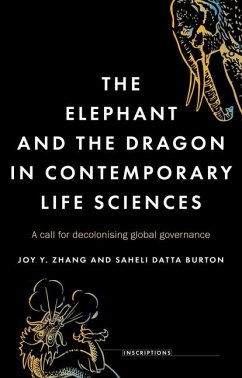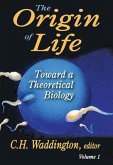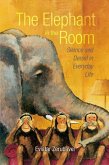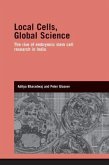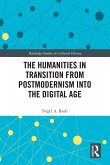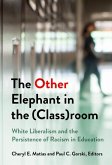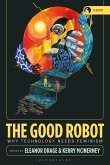'An important and timely book, packed with insights and provocations that deserve to be widely read by scientific leaders, policymakers, and scientists themselves. Its conclusions should challenge, destabilise - yet also strengthen and renew - the frameworks and assumptions that govern science in China, India and worldwide.' > 'The rise of China and India as science powerhouses challenges Western assumptions about the "universality" of science and its global governance. Using vivid examples, the authors argue that Asian life scientists are involved in the constitution of contemporary science that is a diverse, multi-sited, transnational, and evolving mode of global knowledge.' > 'This is the most refreshing, well-informed, and theoretically incisive survey to date of the evolution of Chinese and Indian science-and-technology strategies on the global stage. Using key case studies, physician-STS scholar Zhang and public policy economist Datta-Burton provide a new benchmark text for future studies.' > In the field of the life sciences, China and India are seen as both emerging 'dragons' and as 'elephants'. Both countries have formidable resources and are determined to have their presence felt, but do these scientific 'dragons' abide by the rules? This book provides essential insight into the logic of science governance and strategic disobedience, exploring critical events including gene research, stem cell therapies, GM crops, CRISPR technologies and the COVID-19 pandemic. It argues that as science outgrows traditional colonies of expertise and authority, good governance must be decolonised to acquire the capacity to think from and with others. By highlighting epistemic injustice within contemporary science, the book extends theories of decolonisation for science-society relations in a global age.

